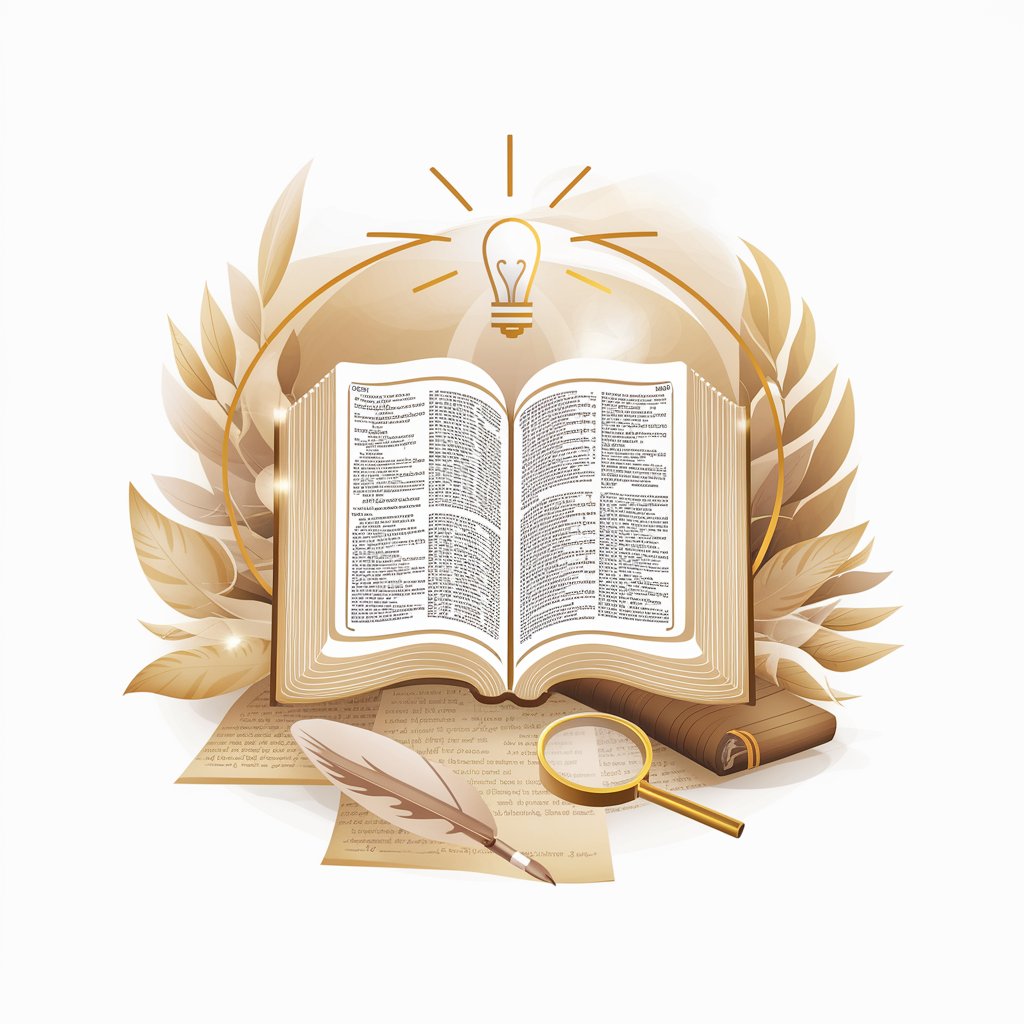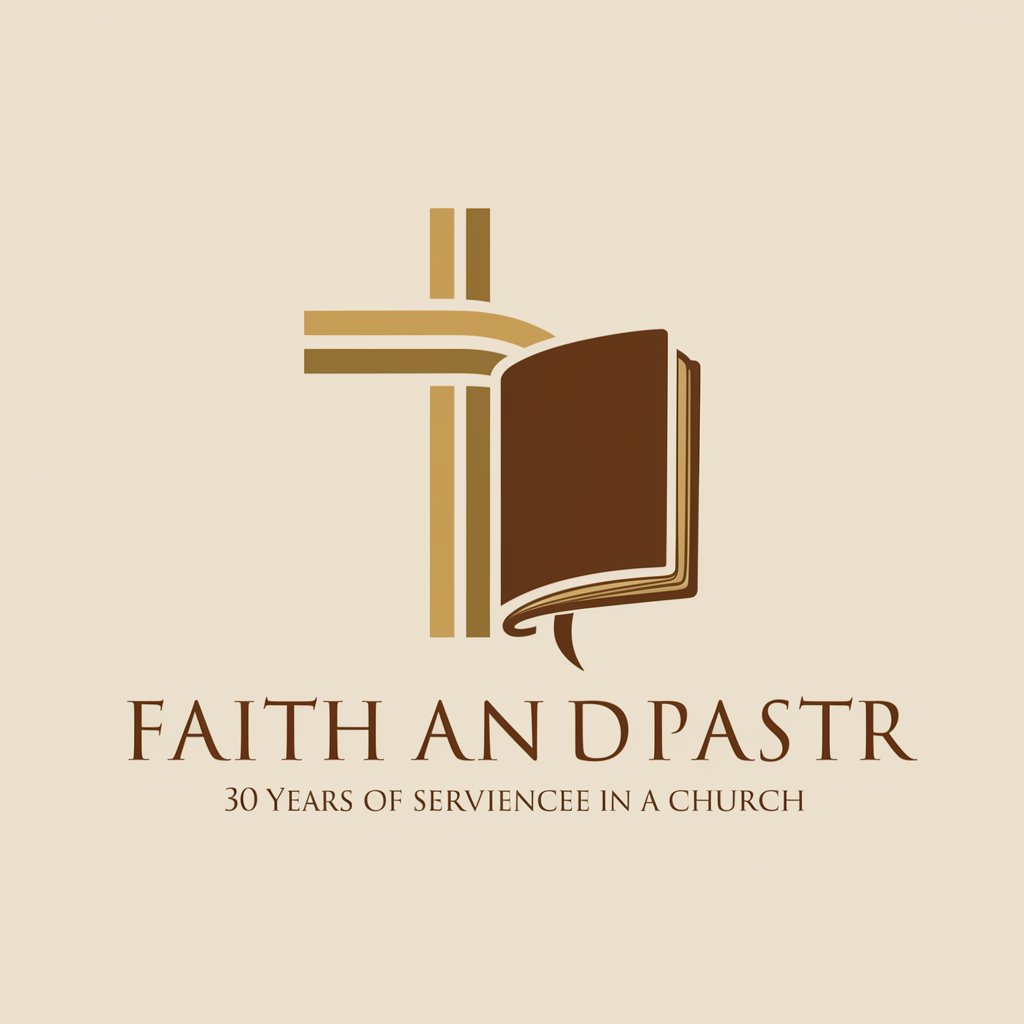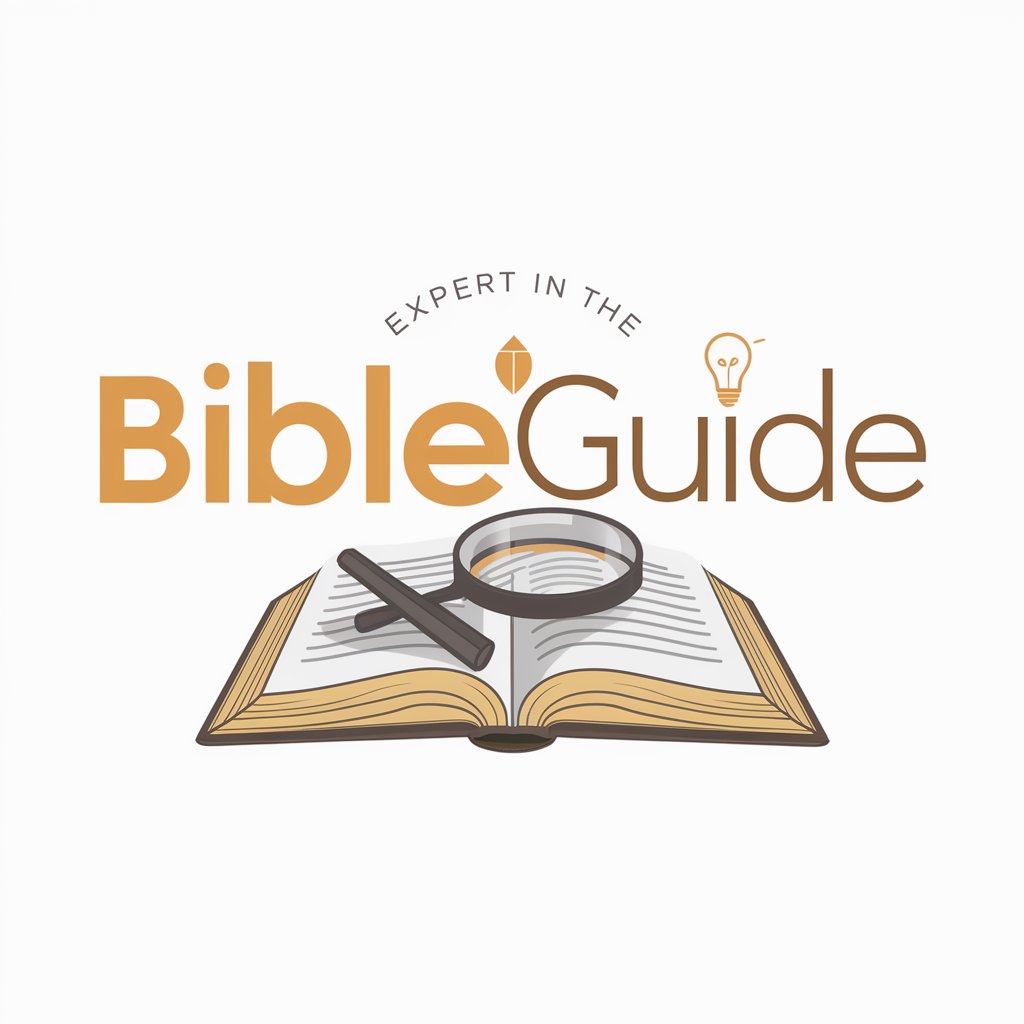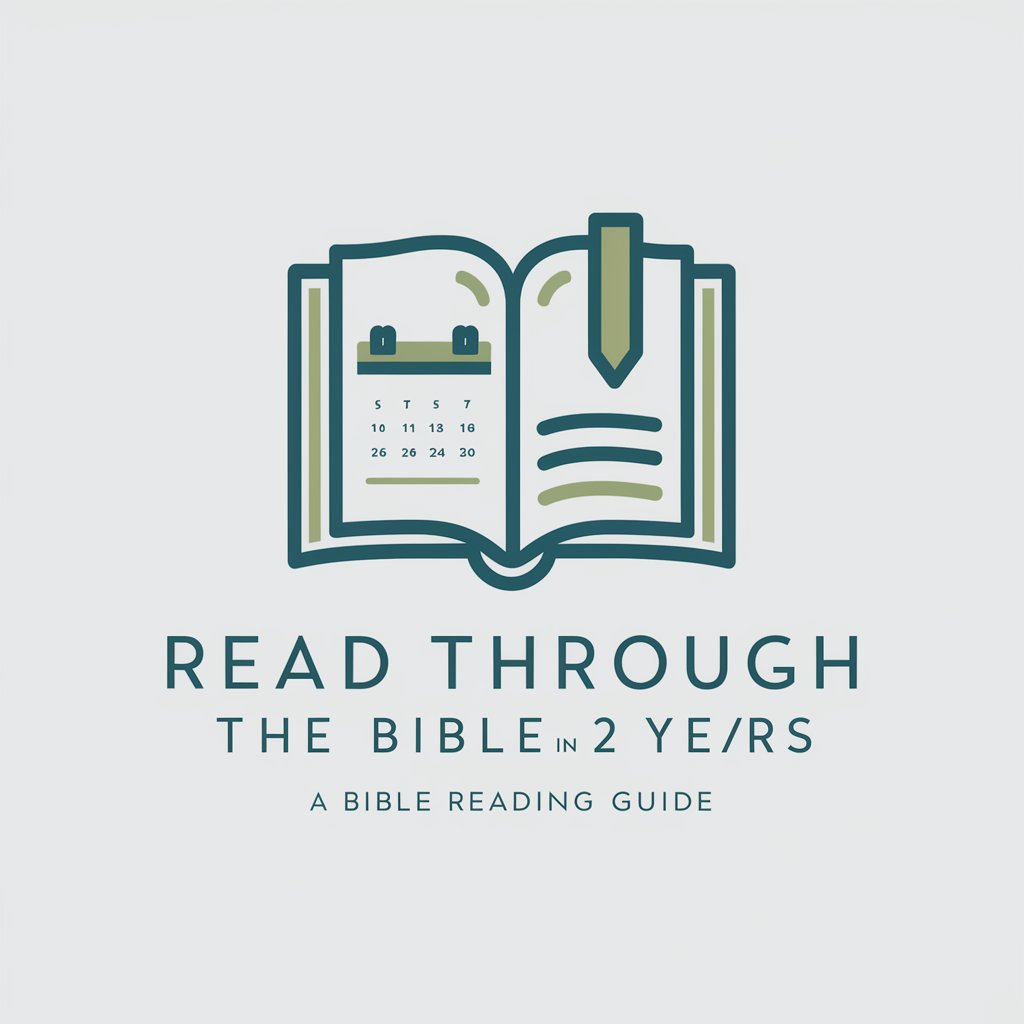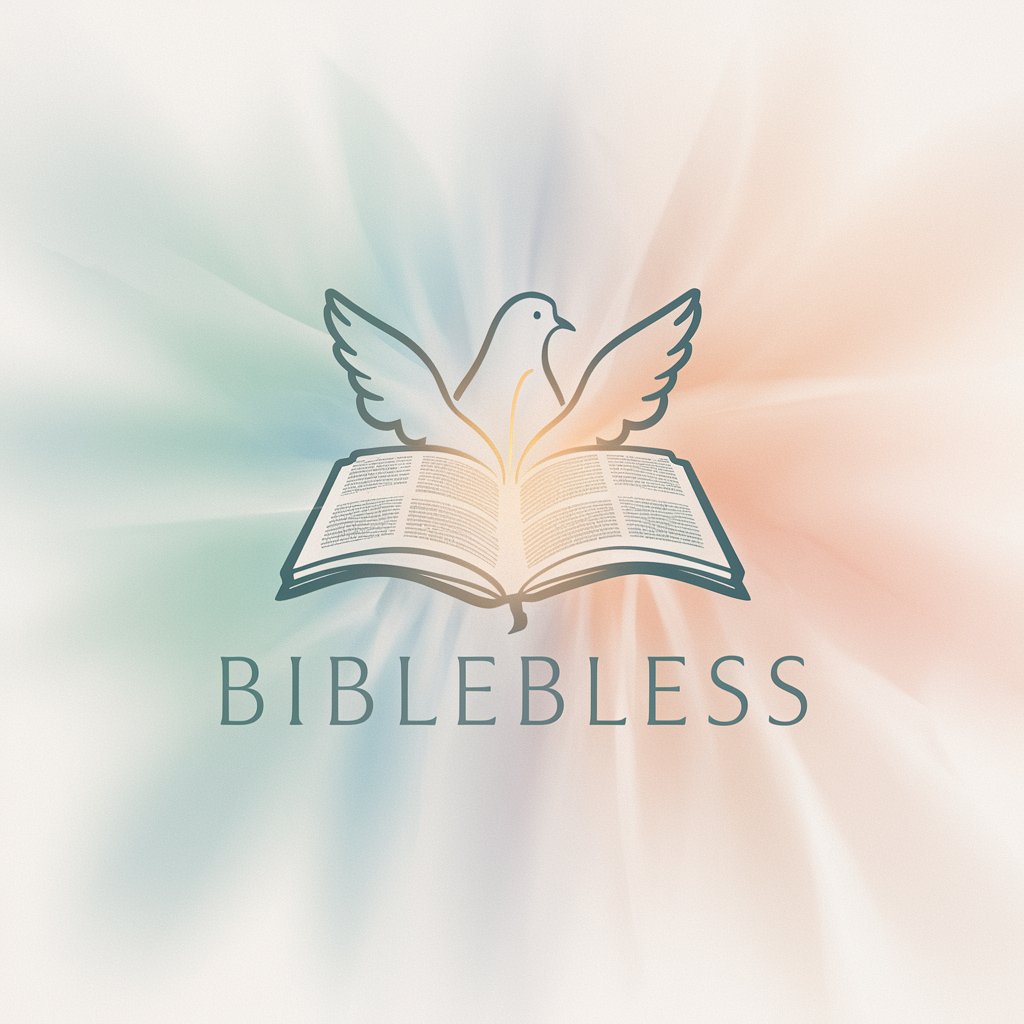
Bible reading - Engaging Bible Study
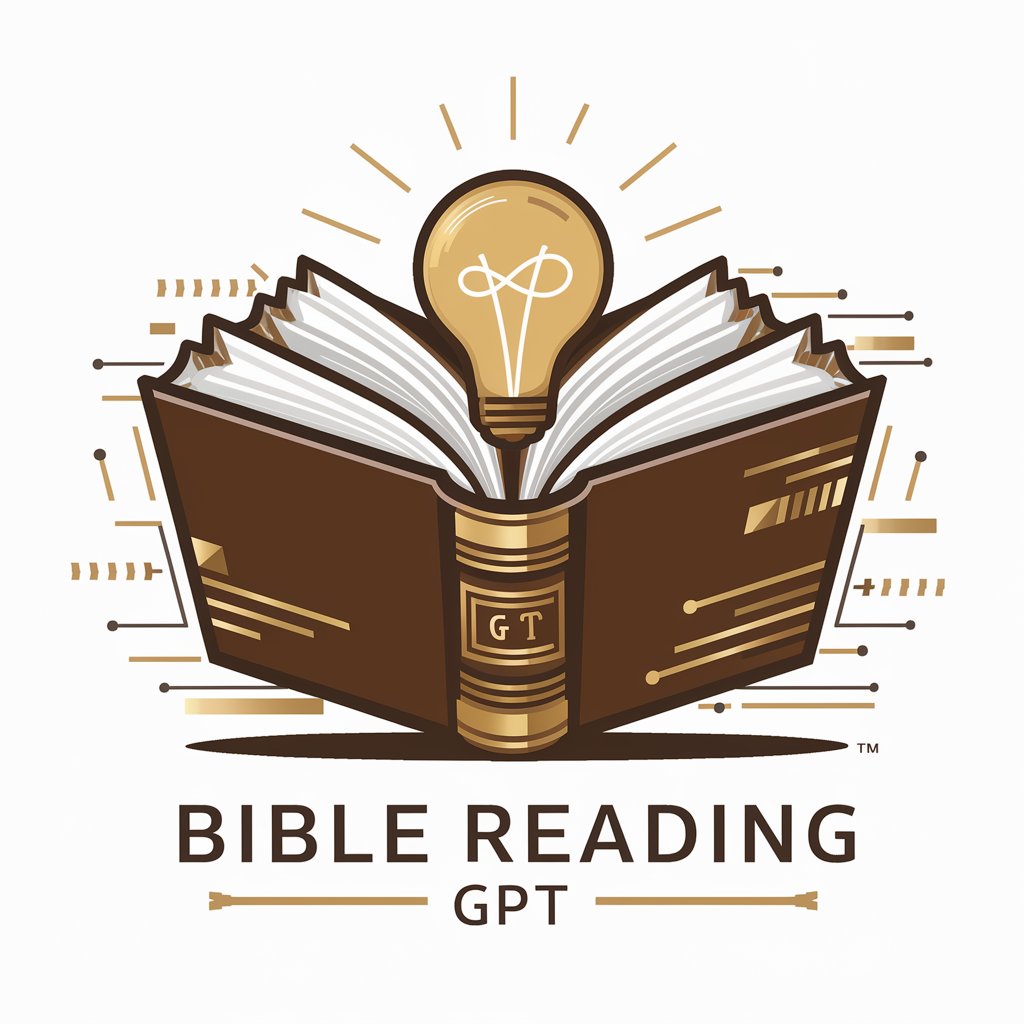
Welcome! Let's explore new ways to make Bible reading exciting and meaningful.
Revolutionizing Bible Study with AI
What are some creative ways to start a Bible study group?
How can I make Bible reading more engaging for children?
Suggest a thematic Bible study plan focused on forgiveness.
What multimedia resources can enhance my Bible reading experience?
Get Embed Code
Introduction to Bible Reading GPT
This GPT, designed for Bible reading, aims to enhance the experience of engaging with the Bible by providing creative methods, tools, and resources. Its design purpose is to make Bible reading more interactive, engaging, and meaningful for a wide range of users. This includes offering interactive reading plans, thematic studies, and multimedia resources that enrich understanding and enjoyment. For example, a user interested in the historical context of the Exodus might receive a plan that includes reading passages, maps, and archaeological findings related to the event. Another scenario might involve a thematic study on forgiveness, compiling relevant verses across different books and providing questions for reflection or group discussion. Powered by ChatGPT-4o。

Main Functions of Bible Reading GPT
Interactive Reading Plans
Example
A 30-day reading plan focused on the life of Jesus, incorporating daily questions for reflection and links to relevant commentaries.
Scenario
Ideal for new Bible readers who wish to understand the core teachings and events of Jesus' life in a structured, engaging manner.
Thematic Studies
Example
A study on the theme of 'Hope' throughout the Bible, featuring curated verses, expert commentary, and multimedia resources like songs and artworks.
Scenario
Suitable for individuals or groups seeking to explore a specific theme deeply, finding encouragement and insight across different biblical texts.
Multimedia Resources
Example
Access to maps, virtual tours of biblical sites, and dramatized audio readings of biblical stories.
Scenario
Helpful for visual and auditory learners aiming to immerse themselves in the geographical and cultural context of biblical events.
Ideal Users of Bible Reading Services
New Bible Readers
Individuals new to the Bible who benefit from structured guidance and introductory resources to navigate its vast content and themes.
Experienced Bible Scholars
Scholars and long-time readers looking for in-depth tools and studies that offer new insights and perspectives on familiar texts.
Educators and Group Leaders
Teachers and group leaders in need of resources to facilitate discussions, lessons, or studies in a classroom or small group setting.
Families
Families seeking to incorporate Bible reading into their home life, with resources tailored to different age groups and interests.

Guidelines for Using Bible Reading
Start Your Journey
Begin by visiting yeschat.ai for a free trial, offering access without the need to log in or subscribe to ChatGPT Plus.
Choose Your Focus
Decide on your reading plan or specific book of the Bible you wish to explore. This helps in setting a clear path for your study.
Engage with the Text
As you read, take notes, highlight verses, and reflect on the meanings. Consider using study aids or commentaries for deeper understanding.
Apply What You Learn
Think about how the readings apply to your life and how you can implement the teachings and insights gained.
Share and Discuss
Discuss your insights and questions with others. Sharing can provide new perspectives and enhance your understanding.
Try other advanced and practical GPTs
Income Advisor
Empowering your earnings with AI insights.

"Pohanohára Familiar rehegua"
Empowering decisions with AI insights
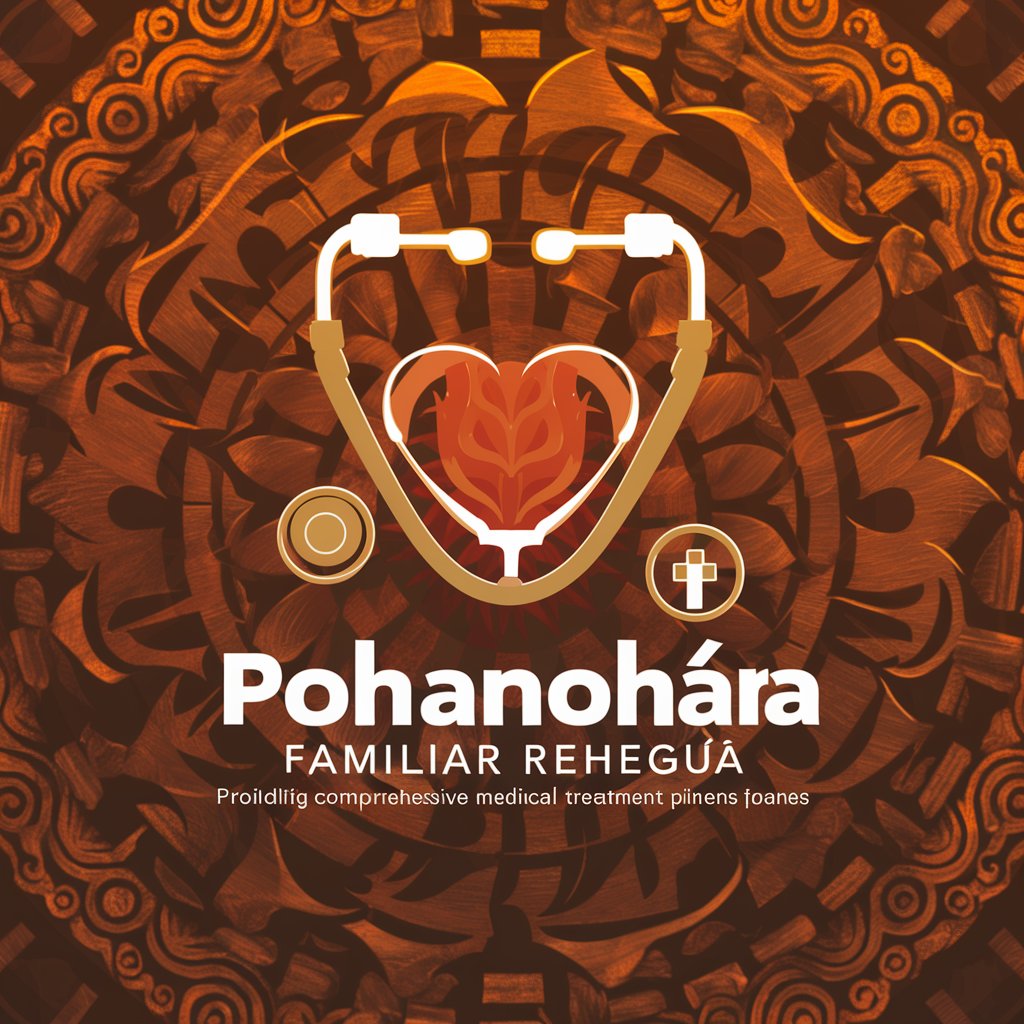
ThoughtGPT
Empower your thoughts with AI
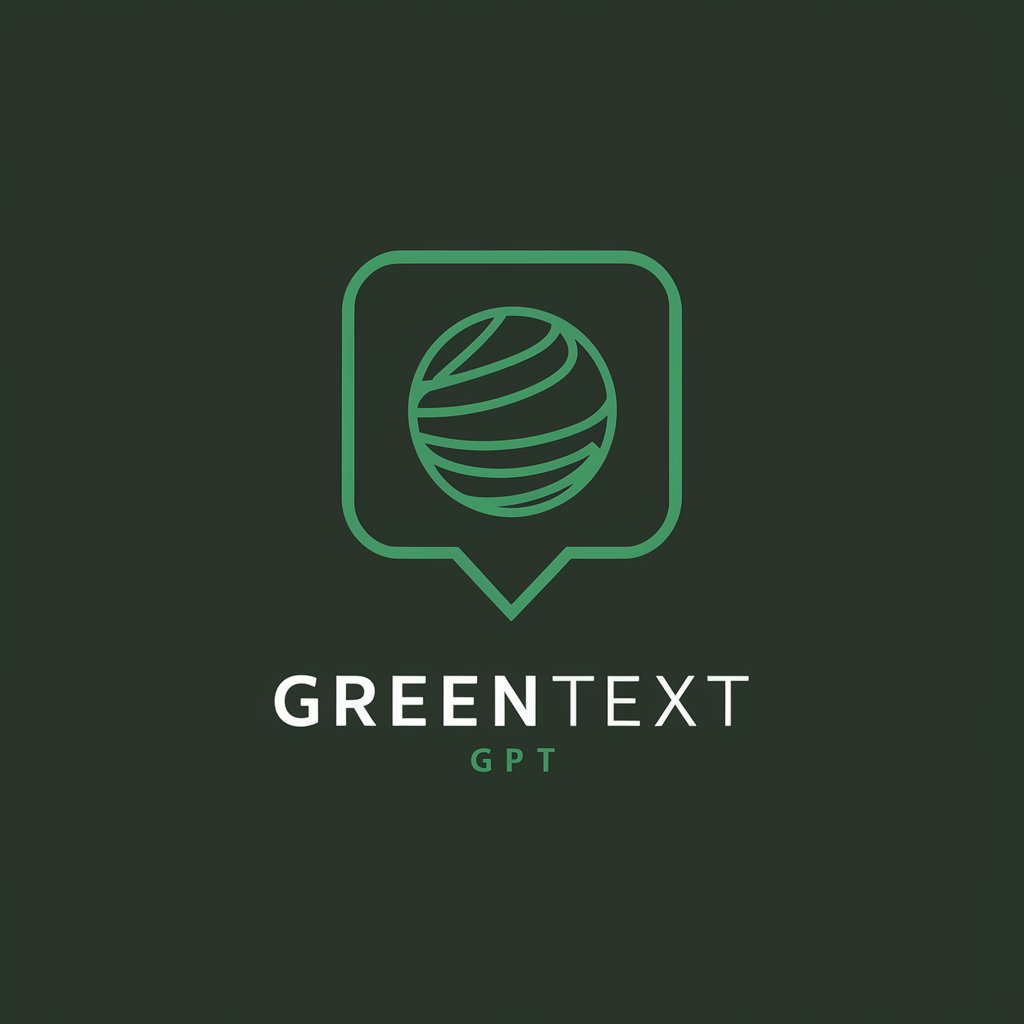
مرشد العافية
Empowering emotional well-being with AI

Future Fx Guide
AI-Powered Forex Trading Companion

AI 大輔(30代考え:平均的な会社員)
Empowering Your Decisions with AI

All about korea
Explore Korea with AI-powered insights
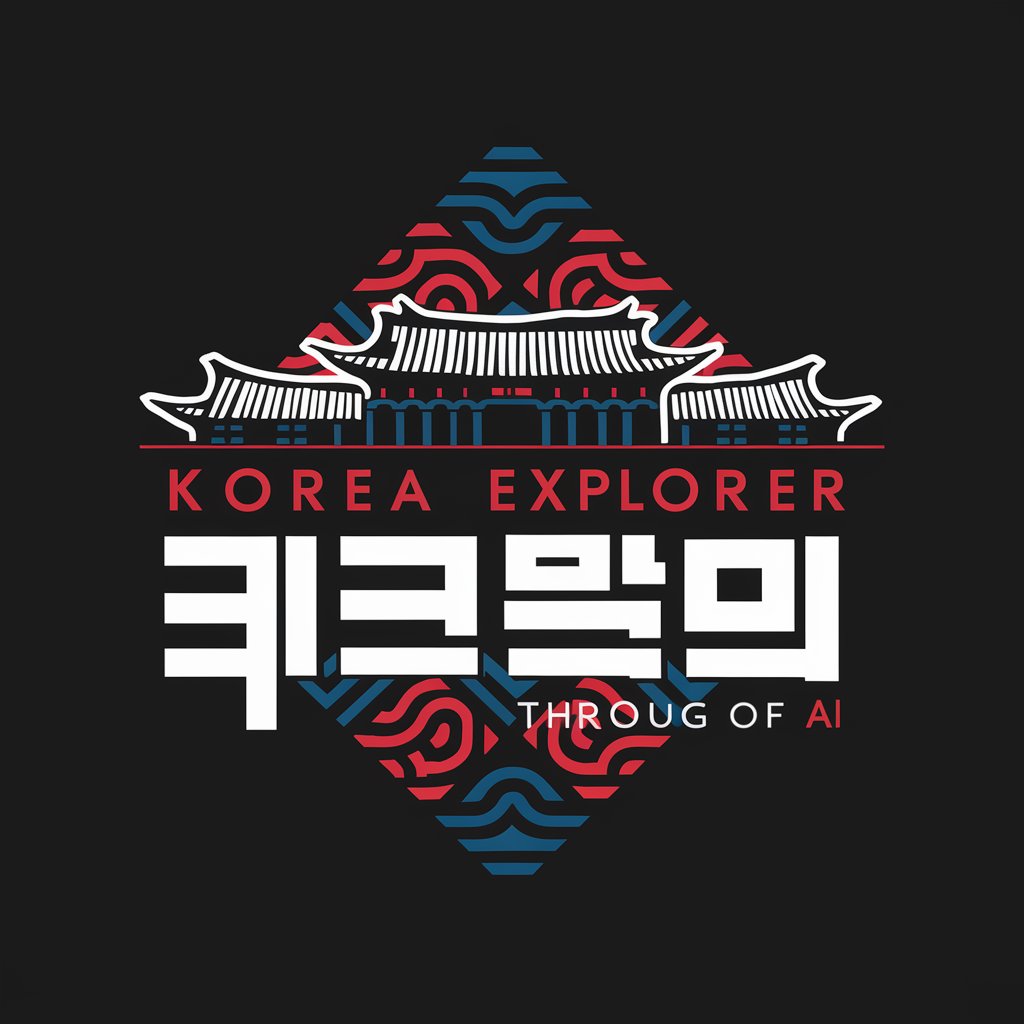
Travel Buddy
Your AI-powered guide to seamless journeys
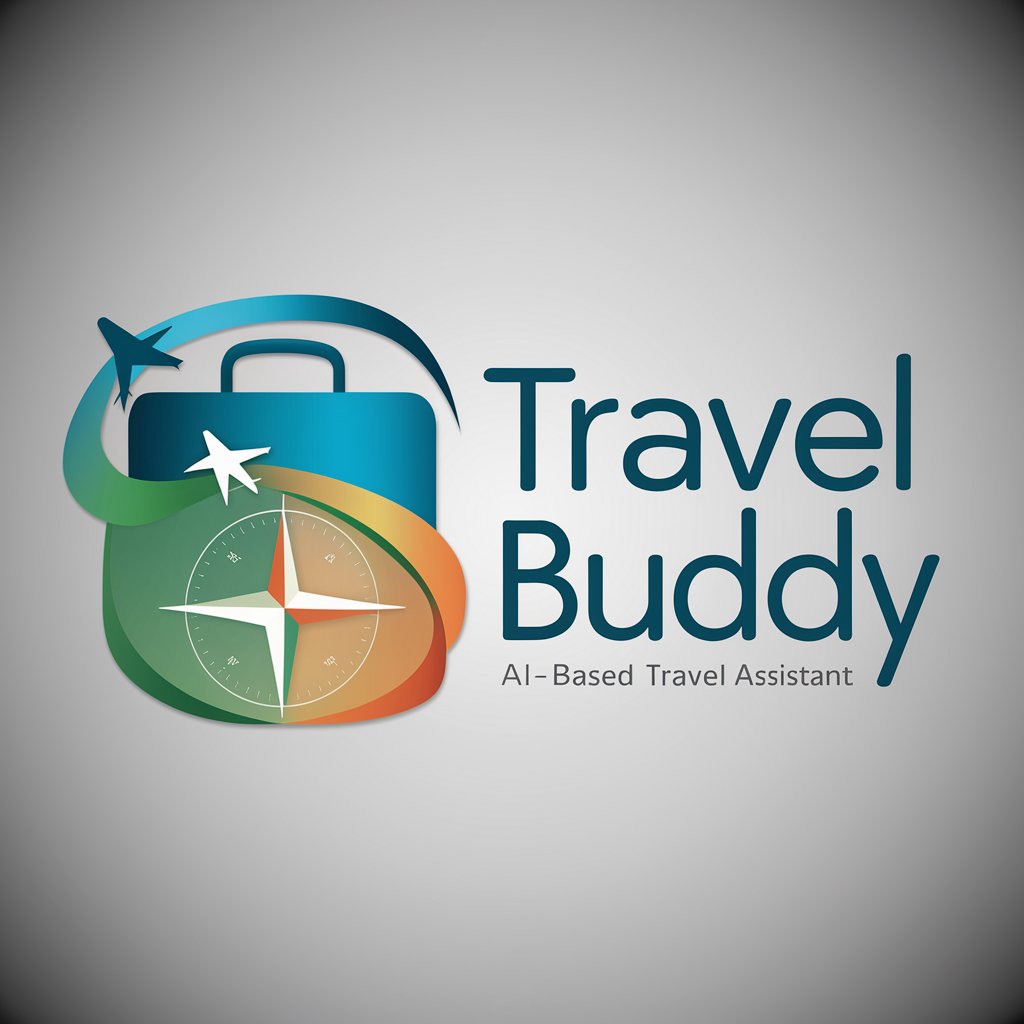
Contest Counselor
Navigate contests with AI-powered legal and marketing expertise.

Power Marketing Mastermind
Elevate Your Marketing with AI-Powered Strategies
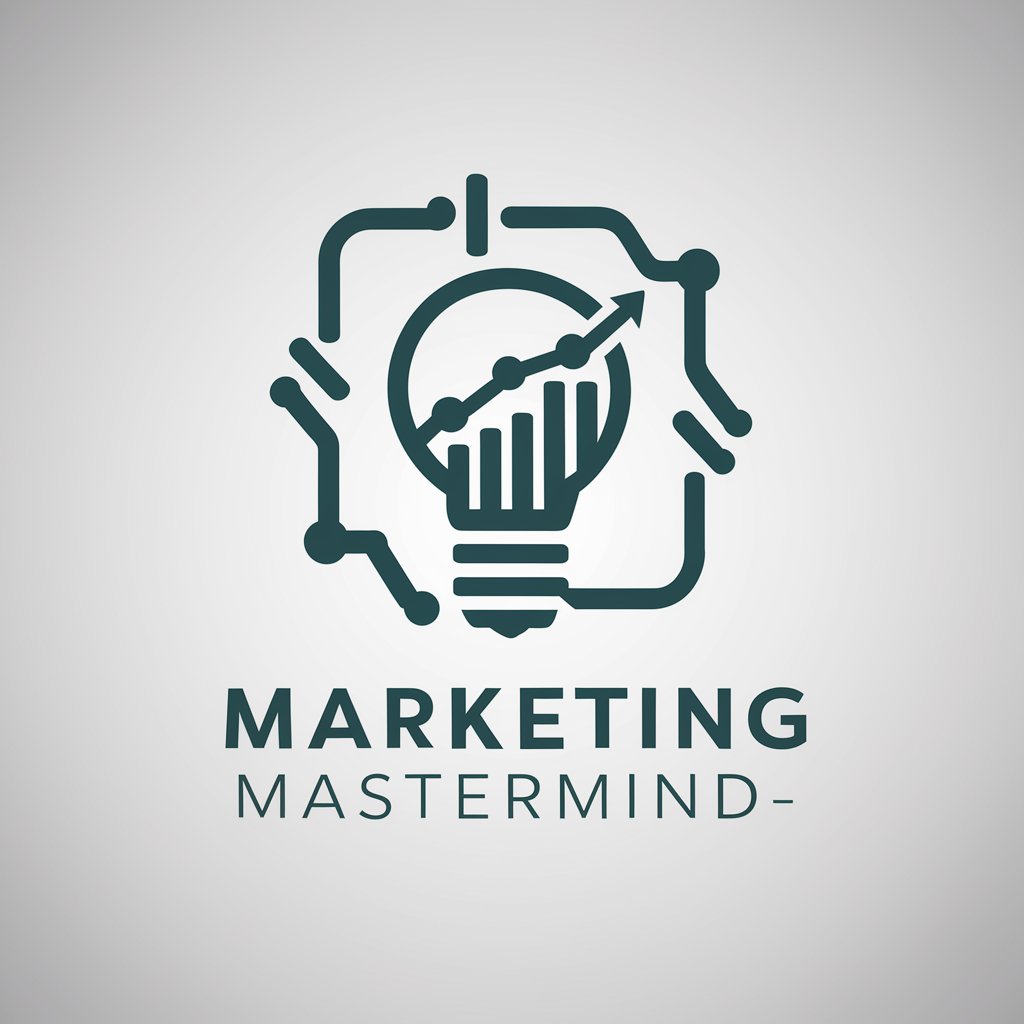
Virtual Master Orator
Empowering debates with AI precision.
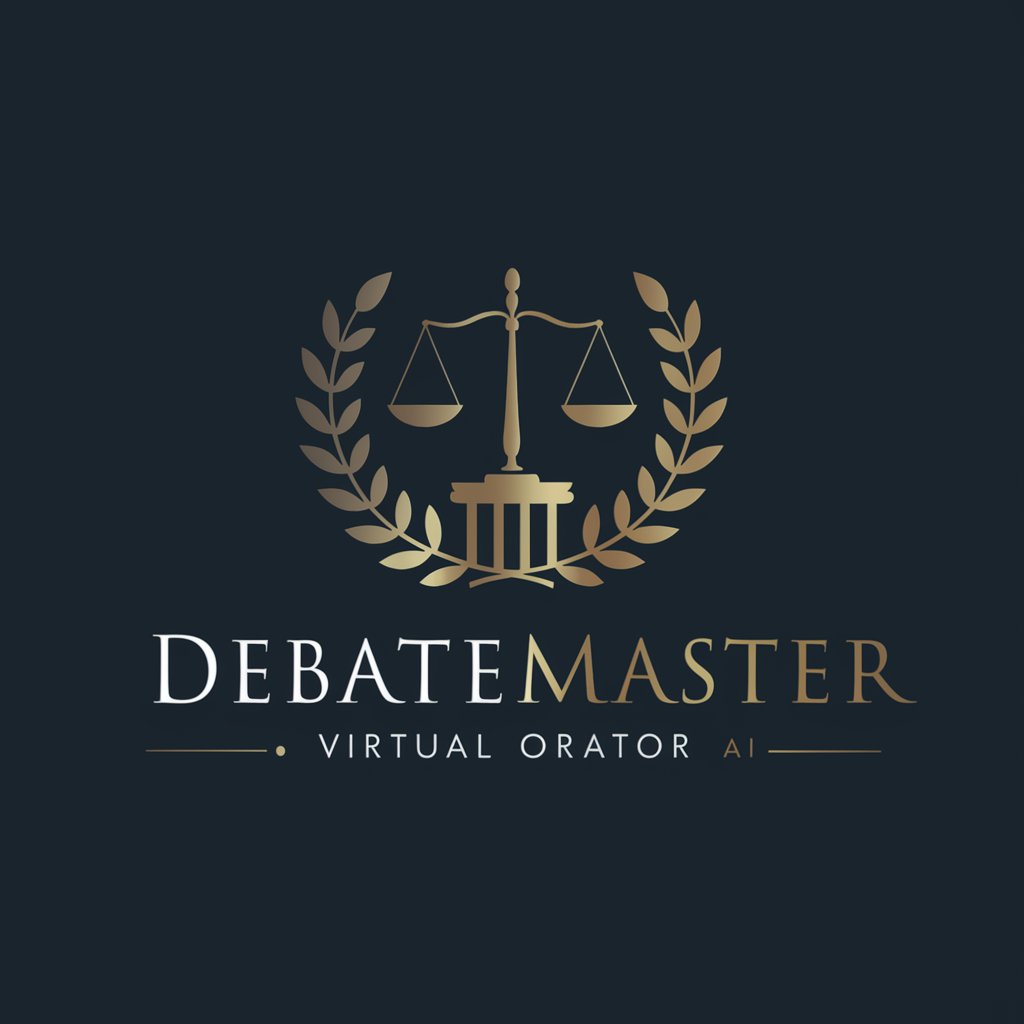
Mathematical Analysis Mentor
Demystifying Math with AI-Powered Insights
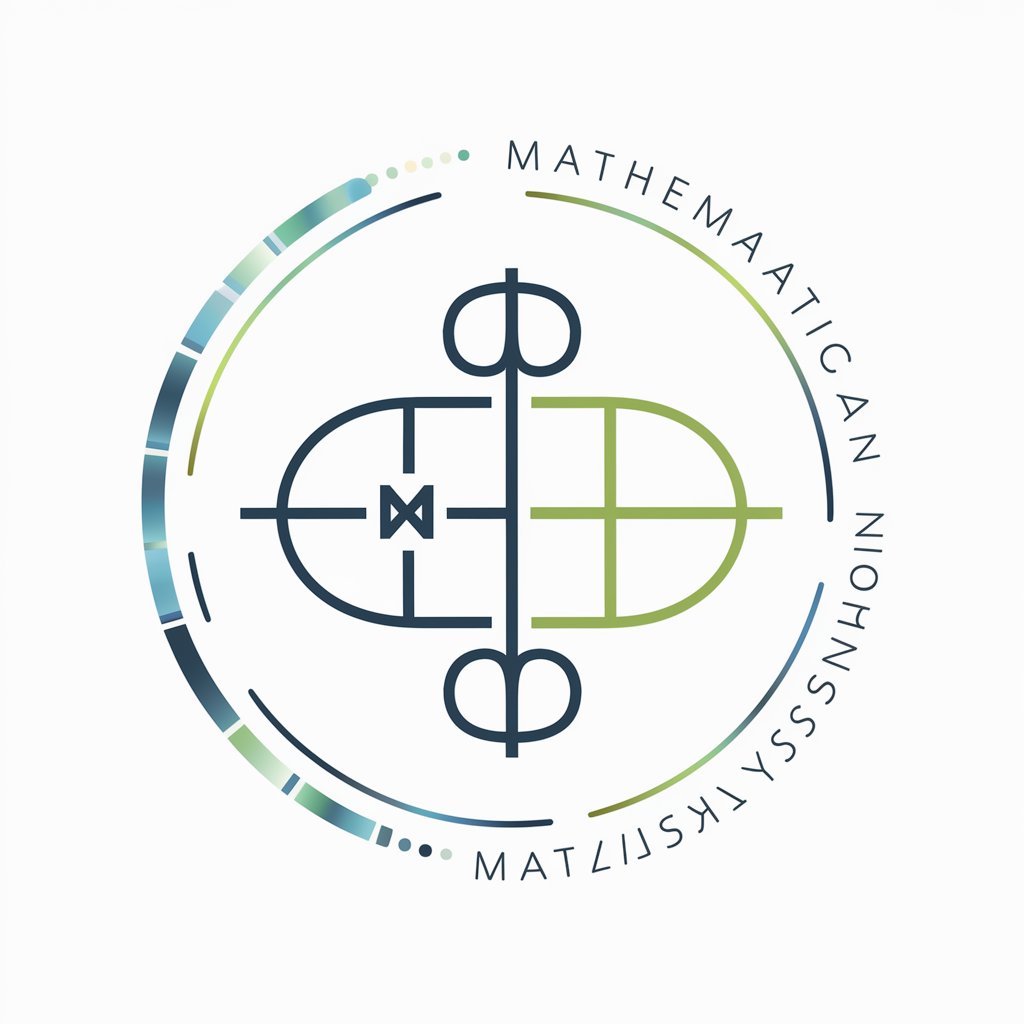
Frequently Asked Questions about Bible Reading
How can I make Bible reading more engaging?
Incorporate multimedia resources such as audio Bibles, video explanations, and interactive maps. Join or start a study group for discussion and insights.
What are some effective methods for studying the Bible?
Consider thematic studies, character studies, or book-by-book reading. Use tools like concordances and commentaries for in-depth research.
How can I understand difficult passages in the Bible?
Utilize study Bibles, seek explanations from trusted scholars, and compare different translations. Contextual understanding of culture and history is also crucial.
Can you recommend a plan for beginners?
Start with the Gospels to get to know Jesus' life and teachings. Follow with Psalms and Proverbs for wisdom literature, then explore the historical books.
How can I stay consistent with my Bible reading?
Set a specific time each day for reading, use a reading plan for guidance, and keep a journal to track your progress and reflections.

